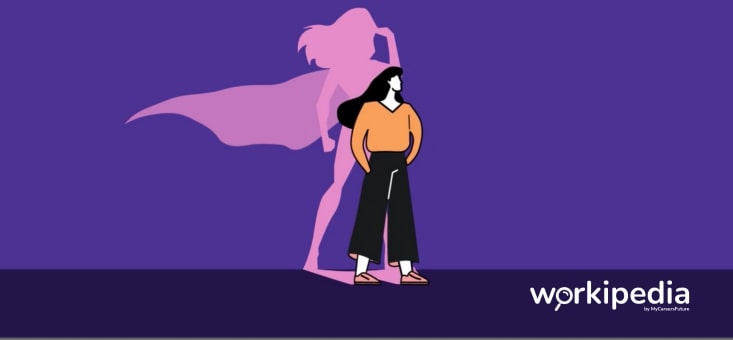Watch This Video Now!
In today’s competitive job market, having a strong personal brand is essential to stand out from the crowd. It goes beyond just having a polished resume and a professional appearance. Your personal brand is about showcasing your career values, traits and skills, and an effective way to do that is through storytelling.
Storytelling helps form connections by engaging emotions to leave a lasting impression. When it comes to building your personal brand and your career, such a skill can be a game-changer. That’s because it allows you to communicate your experiences and accomplishments in a memorable and impactful way.
A good story is more likely to be remembered by hirers than a list of numbers or achievements, because it engages them and brings your experiences to life. Storytelling helps you build a better brand of yourself using compelling stories that highlight your strengths, achievements, and unique qualities.
Keep in mind the elements that determine what makes a story interesting or engaging. Your story should be logical and relevant to what the interviewer is asking. To keep your storytelling on track, it helps to have a format as a guide. One effective way is the STAR technique.
Tell stories like a STAR
STAR (Situation, Task, Action, and Result) is a helpful sequence for telling compelling stories.
First, describe the situation or the context in which the story took place. This sets the stage and provides the interviewer with a clear understanding of the scenario you were facing. Next, explain the task or the challenge that you needed to address because of the situation. This helps the interviewer understand the purpose and significance of what you’re describing.
Then, highlight the action you took to address the task. This is the ideal time to display your skills, expertise and ability to problem-solve, so be specific and provide sufficient details. Finally, share the result of your action. What was the outcome of the situation, and did you achieve the goals you want to reach? What did you learn from the experience? This helps the interviewer understand the impact of your actions, as well as your work attitude and the value you can bring to the table.
It’s important to be prepared with the right stories at the interview, so it’s good to have 2-3 examples that demonstrate your versatility and ability to handle different challenges. Of course, these stories should be real, authentic experiences, so avoid embellishing or exaggerating so as not to damage your reputation.
Keep your examples concise yet engaging. These should be kept within two minutes – any longer and it means you could be including too many unnecessary details, which may have caused the interviewer to lose focus of the story. Make sure what you’re describing is easy to understand by keeping things jargon-free.
Storytelling with purpose
While you may be sharing mainly about experiences, your story can stand out even further. Ensure your stories make sense to the interviewer; that is, they should also align with the values and culture of the company you’re looking to join. This allows the hirer to resonate with the story more and ascertain that you’ll be a good fit. Tailor your stories to demonstrate how you would tackle a problem that the employer is facing, or how you helped a previous employer with a similar issue. This helps you establish a connection with the interviewer and positions you as a potential asset to the organisation.
Storytelling is a powerful tool as it allows you to communicate your experiences, skills, and values in an impactful way. Doing it well can increase your chances of leaving a lasting impression and getting hired.














